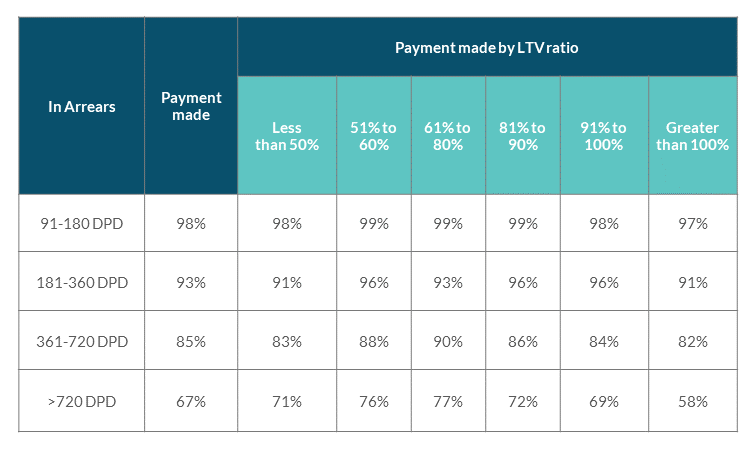LDFerguson
Registered User
- Messages
- 4,861
I see Rory Gillen has published this piece on his website today. Is he calling this campaign fake news? Is he calling @Brendan Burgess populist?
[broken link removed]
Now, having stirred the pot, I'll just sit back and read the responses for a while.
[broken link removed]
Now, having stirred the pot, I'll just sit back and read the responses for a while.
